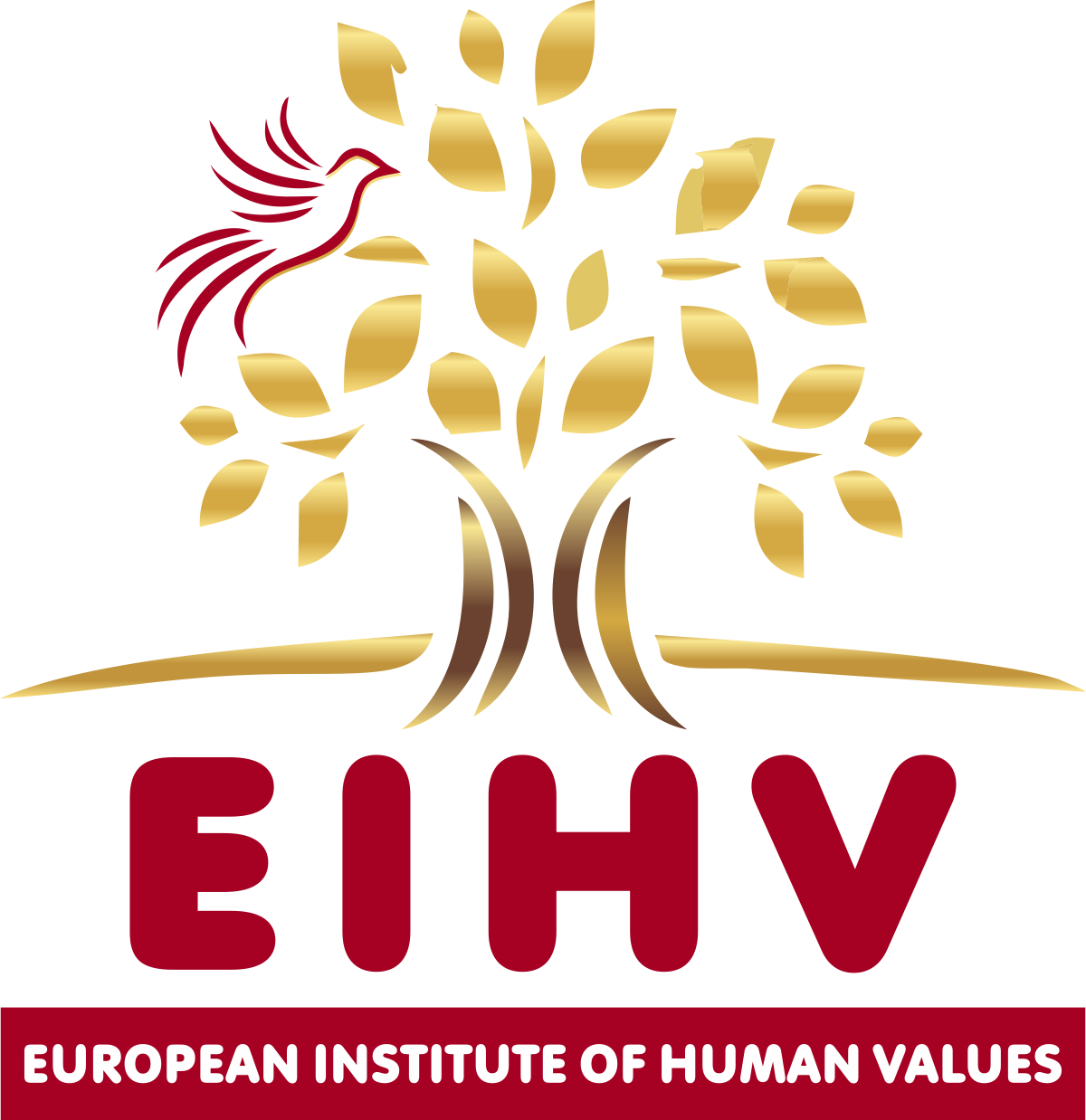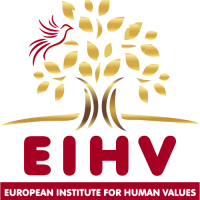Duration:
18 hours
Team leaders:
Borna Lulić, Mihovil Mašović
Mindful Teaching
Short description
The Mindful Teaching course created by Ron and Suwanti Farmer is the result of their exceptional dedication, priceless long-term experience in education and psychotherapy, as well as the support of the numerous professors and scientiests from the field of education, the ancient and modern explorers of the consciousness, and the great world Masters.
In accordance with the etymological meaning of the word educere (to develop, bring forth, manifest) one of the main tasks of this course is to bring forth the full potential which lies within each of us, and through interactive workshops open the path to a different (we will be bold to say – even deeper and more complete) approach to Mindful teaching, that is, to education.
This course if intended for all those who feel that they can, and are also willing, to make the true change in their approach to education and students, but most of all in their attitude to themselves!
About workshop
The course Mindful Teaching is a combination of going through the study material (prior reading) and interactive meetings where different exercises, deliberations, theoretical concepts and mindfulness meditations are done in group work technique.
The content of the course gives the complete overview of the theory and practice of the Human Values Education, the approach in education, aim of which is to link the character and the performance and in that way have influence on the development of awareness; this is done through Socrates’ maieutic method, that is, ‘midwifery’ – drawing out more aware and mature human beings who are able to love, empathise, create and act in the society in a more concious way – regardless of whether they are teachers or students.

Topics which will be studied:
- Why Human Values Education?
- The Core Principles of Human Values
- Mindful Teachers in Human Values Education
- The Role of Neuroscience, Mindfulness and Positive Psychology in Human Values
- Teachers’ and Students’ Wellbeing through Human Values Education
- Implementation Strategies in Human Values Education
- Human Values and the Curriculum
- Teachers’ Self-Transformation and becoming Exemplars in Human Values Education
- Awareness of Oneness in Human Values Education
- The Relevance of Culture and Harmony of Head, Heart and Hand in Human Values Education
- The Role of Environment and Unity of Religions in Human Values Education
- Self-Analyses for Teachers

Benefits
Joint meetings give us the opportunity for interaction and sharing of the best practice and experience, for colaboration and mutual connection, and for connection with ourselves and going within ourselves; their aim is to transform the awareness into action, that is, to apply the useful and powerful tools in our classroom and our everyday life.
We could say – Let’s join our hands with the like-minded people and be the change we want to see in the world.
Team leader - Borna Lulić
Borna Lulić has been lecturing and moderating workshops in the field of education, public and corporate sector. He started his career as a teacher of Philosophy, Logic and Ethics in five High schools in Zagreb; after that he worked in the School Book (Školska knjiga) as an Editor of The Blue Swallow (Modra Lasta) and held more than 1000 lectures and workshops for teachers and students throughout Croatia. During the last ten years he has worked as a business coach and a facilitator moderating workshops in interpersonal, business and management skills.


Team Leader - Mihovil Mašović
After his formal education (BA in sociology and philosophy) the team leader, Mihovil Mašović, during last 10 years, has completely devoted himself to the practice of self-awareness and to therapy work; after finishing the course for a Mindfulness instructor, he was inspired to organize a Mindfulness course. In European Institute for Human Values his focus is on Mindful Teaching and work with children; he is also involved in humanitarian efforts.
Testimonials
„I have to be honest and say that I had no idea that our course would have such an influence on me and that the end of it would be so hard. There is a feeling that something changed, that my heart opened! I feel some gentle and special energy; I spent the weekend in a special kind of peace. And it is still there. So this program will stay in my memory forever! Now that it is over, we can see that it was really perfectly moderated. As I have stated in my presentation, we have gone through everything we need, through texts, examples, techniques, tools and answers which we are trying to find in ourselves, chance to change and contemplate. And the transformation really happened. This course is important for ALL teachers because this is for the future!!! I hope the nearest future.”
The teacher has the greatest share in moulding the future of the country. Of all professions, his is the noblest, the most difficult and the most important. If the teacher is sincere and full of virtues, thousands of children will become noble citizens and the nation will be more respected by virtue of the character of their people.
Sathya Sai Baba
Recommended literature
Parker J Palmer (1997.), The Heart of a Teacher: Identity and Integrity in Teaching
Neil Hawkes i Jane Hawkes (2018.), The Inner Curriculum – How to nourish wellbeing, resilience and self-leadership
Neil Hawkes (2013.), From My Heart: Transforming Lives Through Values
Neil Hawkes, „Values Education and the National Curriculum in England”
Ron Berger (2003.), An Ethic of Excellence
Michael Manley (1996.), Education, Empowerment and Social Healing
Terence Lovat (2005.), Values Education and Teachers’ Work: A Quality Teaching Perspective
Terence Lovat, Kerry Dally, Neville Clement, Ron Toomey (2011.) Iz: Values Pedagogy and Student Achievement – Contemporary Research Evidence
Richard Pring (2010.), Lovat, T., Toomey, R., and Clement, T. (ur.) (2010) International Research Handbook on Values Education and Student Well-being
Michael G. Fullan (1993.), „Why Teachers Must Become Change Agents”? U: Educational Leadership, Vol. 50, No. 6
Daniel Siegel (2010.), The Mindful Therapist
Rollin McCraty, Mike Atkinson, Dana Tomasino, Raymond Bradley (2009.) Iz: „The Coherent Heart, Heart-Brain Interactions, Psychophysiological Coherence, and the Emergence of a System-Wide Order” U: Integral Review, December 2009, Vol. 5, No. 2
David Wangaard, Maurice Elias, Kristie Fink (2014.) Iz: „Educating the Head, Heart and Hand for the 21st Century” U: SEEN Magazine 01. 09. 2014.
Deborah Henderson (2010.) Iz: „Values, Wellness and Social Science Curriculum” U: Terence Lovat, Ron Toomey i Neville Clement (ur.) International Research Handbook on Values Education and Student Wellbeing
Vasily Sukhomlinsky: My Heart I Give to Children
Ian Morris (2009.) Iz: Teaching Happiness and Well-being in schools
Thomas Lickona (2004.) Iz: Character Matters
Gary Ferguson: Master Lessons of Nature: What Nature Teaches About Living Well in the World
Darcia Narvaez: „Building a Sustaining Classroom Climate for Purposeful Ethical Citizenship
Dates
Online course begins in 2024. and lasts 6 months; zoom meetings are held once a month lasting 3 hours.
If you want to support our vision and work on nurturing human values, your donation will be much appreciated. Thank you.







